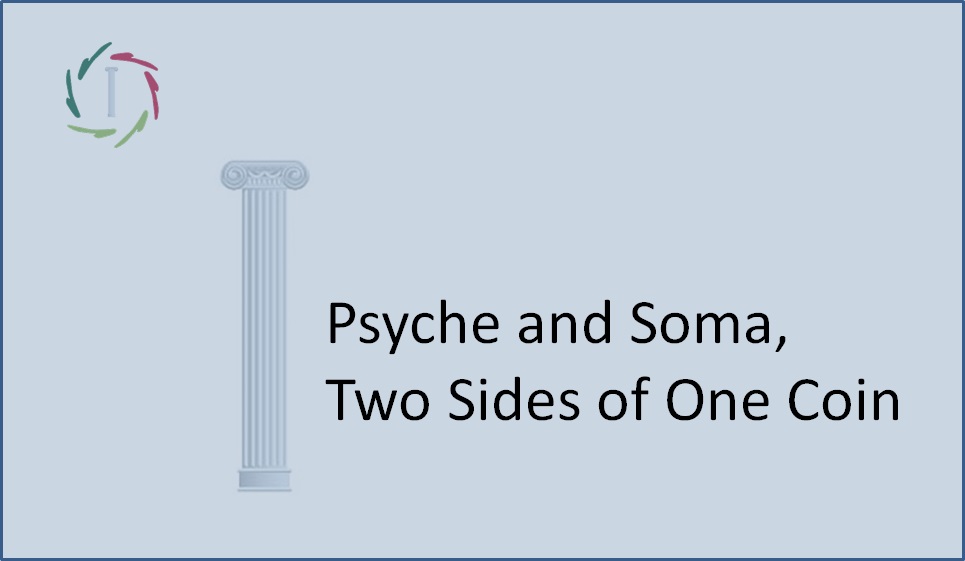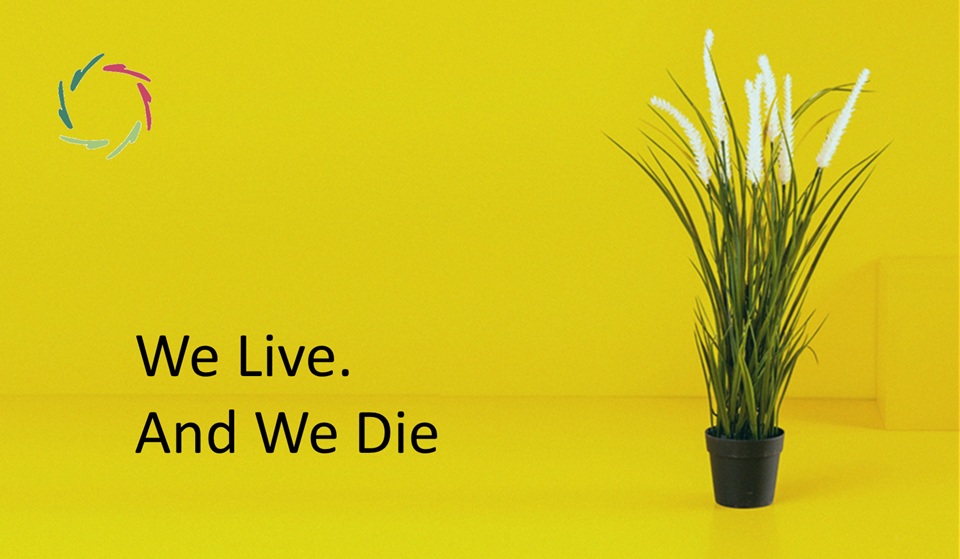1 Psyche and Soma, Two Sides of One Coin

‘Body-mind unity’: necessary vision for further scientific development of medicine.
Psyche and soma and a lot of questions
Psyche and soma: mind and body. They are both important, so we learn during our student years and also after that in and through practice. But how do we give to the psyche a proper place in the domain of ‘psychosomatics’? What, for example, with the placebo effect of medication: should it be made as effective as possible, even if this means that we show the strength of medication to be brighter than it is, a little lie for treatment sake? Or is it better not to let any lies slip into our medical actions?
What with the patient’s feelings of guilt when the word ‘psychosomatic’ pops up…
“Doctor, am I then co-responsible for (= ‘guilty of’) this and that”? Is this a good reason for the physician to go into it as little as possible? Or do we all (physicians and patients alike) need to take as much responsibility as possible, even if this is not always easy. And do we then need to detach this responsibility from guilt as good or as bad as it goes? Do we perhaps need to altogether drop the term because of its negative connotations, and replace it by another term that ultimately means the same, until it’s time again time for yet another new term?
How does psyche influence soma?
Let’s focus for a while on a basic philosophical question that is best asked before all other questions, because many others answers come forth from it. How can the (immaterial) psyche influence the (material) body in whatever way, on whatever possible domain? Otherwise put:
how can a psychological change be the cause of a bodily change?
This age-old question has been playing tricks on medicine in a profound way for a very long time.
On the one hand, it is impossible that something completely material is influenced by something completely immaterial. On the other hand it apparently happens continuously. For example: at this very moment, my desire to read this column makes my eyes move. For centuries this paradox seemed an insoluble problem.
The answer is nevertheless amazingly simple, provided a small jump to causality. The latter requires by definition a time lag between two movements: a cause and a consequence. Well, between mental and physical (brain) movement there is no time lag at all. Thus: no causality. Thus: it is one and the same.
Mind and body are not two different entities but two ways of looking at the same.
A ‘movement of the mind’ is the corresponding ‘movement of the body’ (brain). And this very quickly makes the situation very clear. Of course that does not mean a reduction of mind to body, nor vice versa.
Important for patient as well as for science
And that makes a huge difference. Even today psyche and soma are hard to reconcile for a number of colleagues. For many patients too: “Is my chronic headache physical (therefore real) or psychological (therefore unreal)?” Answer: here too the one and the other are the same, which for many ‘psychosomatic’ patients immediately is a big relief as well as an acceptable basis for doctors and patients alike to practically involve the psyche more deeply wherever appropriate. Obviously, guilt is completely inappropriate. Instead, we should deal with it in a responsible manner.
The approach to psyche and soma as two sides of the same coin goes very far.
After 200 years of Cartesian duality in medicine we can put forward a vision in which mind-body unity is treated entirely rationally. In the domain of psychosomatics this is downright necessary as a basis for further scientific development.


